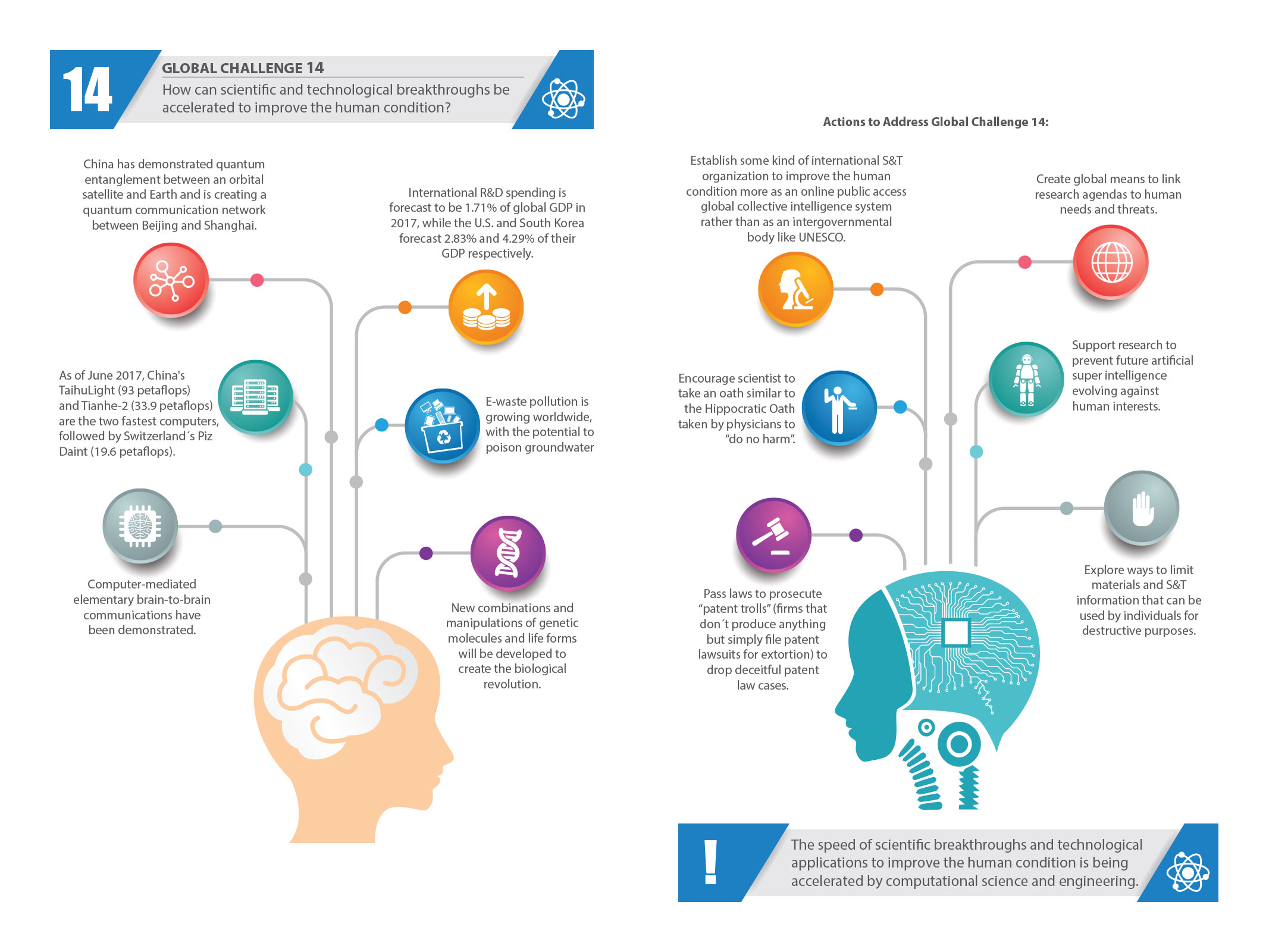Possible blog post:
Future Tech Advancements – The Possibilities
Technology has come a long way since the invention of fire, the wheel, and other early tools that helped humans survive and thrive. Today, we live in a world of smartphones, laptops, social media, and artificial intelligence. However, the pace of technological progress is only accelerating, and the future is full of possibilities that may seem impossible or even unimaginable.
In this blog post, we’ll explore some of the future tech advancements that could transform our lives in the coming decades. Let’s dive in!
1. Advanced robotics – Robots have already replaced humans in many repetitive, dangerous, or tedious jobs, such as manufacturing, mining, and cleaning. However, the next generation of robots may be more versatile, autonomous, and intelligent, and able to perform tasks that require creativity, empathy, and intuition. For example, robots could serve as caregivers for the elderly, companions for the lonely, or teachers for the curious.
2. Augmented reality – A cousin of virtual reality, augmented reality overlays digital information and graphics onto the real world, creating a seamless and immersive experience. Imagine wearing smart glasses that can recognize faces, translate languages, or provide directions, or playing games that blend the physical and virtual realms.
3. Brain-computer interfaces – While still in the early stages of development, brain-computer interfaces (BCIs) could revolutionize the way we interact with machines and each other. BCIs allow the brain to control devices directly, without the need for physical movements, and also enable communication between brains. For example, a paralyzed person could operate a wheelchair or a computer by thinking or a group of people could communicate telepathically.
4. Nanotechnology – Nanotechnology refers to the construction and manipulation of materials at the atomic or molecular scale, enabling new properties and functions. Nanomaterials could be used in medicine, energy, environment, and electronics. For example, nanobots could repair damaged tissues, clean up pollution, or enhance computer chips.
5. Quantum computing – Quantum computing uses the principles of quantum mechanics to perform calculations much faster and more efficiently than classical computers. Quantum computers could solve complex problems that are currently beyond our reach, such as modeling the climate, designing new drugs, or cracking secure codes.
Of course, these are just some of the possibilities that future tech advancements could offer. Other fields, such as genetics, biotechnology, space exploration, and renewable energy, also hold great promise for advancing humanity’s well-being and knowledge.
However, along with the benefits, future tech advancements also raise ethical, social, and environmental concerns. Who owns and controls the technology? How do we ensure its safety, privacy, and accessibility? What are the unintended consequences and risks? These are questions that we must also address to make the most of future tech advancements.
In conclusion, the future of technology is exciting, unpredictable, and full of possibilities. We may not know what exactly the future will bring, but we can imagine and prepare for a better world that harnesses the power of technology for the good of all. Are you ready to ride the wave of the future?











